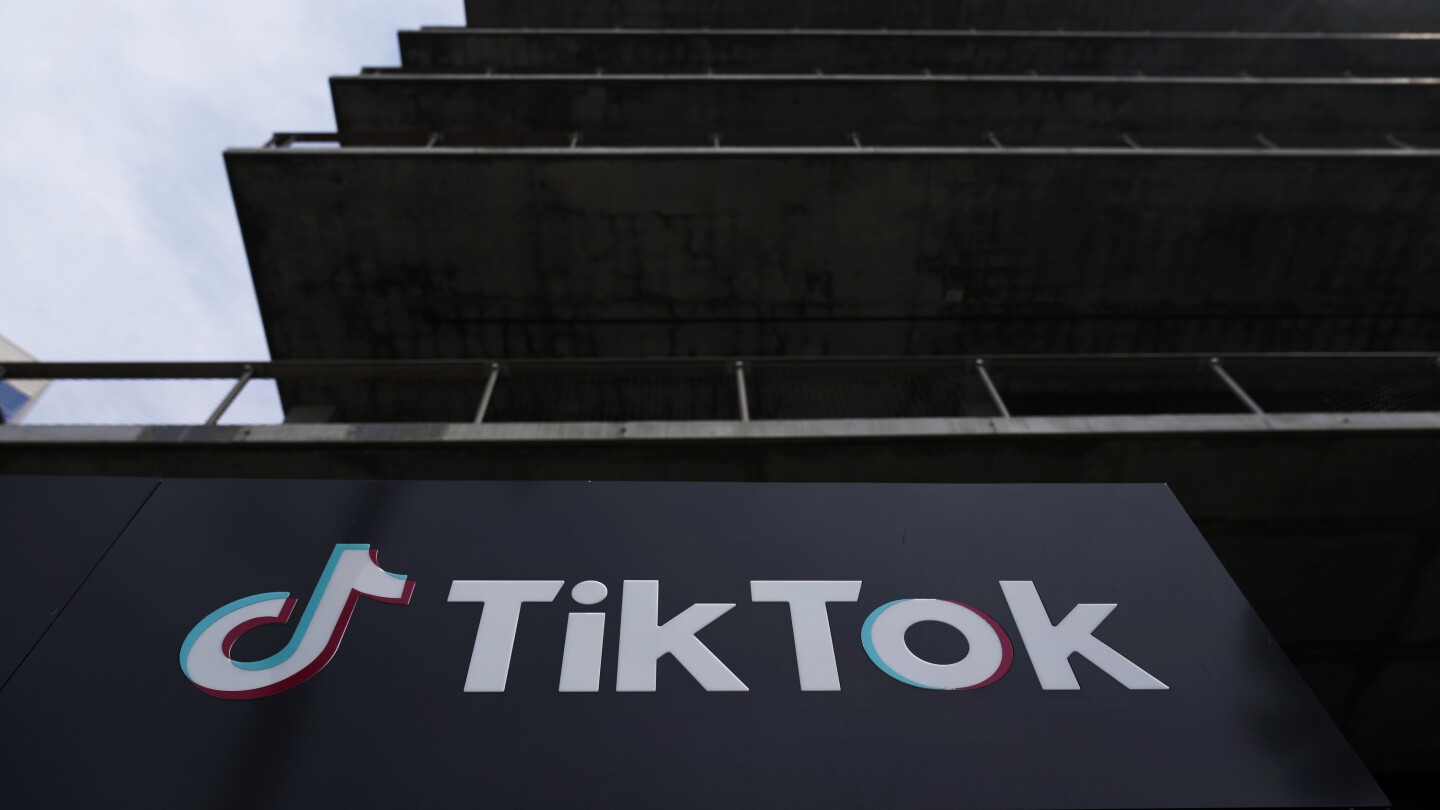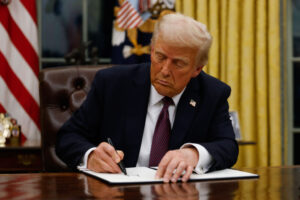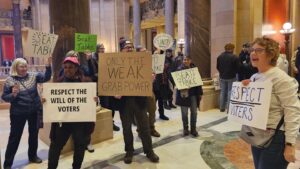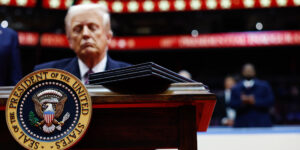The U.S. Supreme Court is set to delve into a contentious legal battle next month that could determine the future of TikTok in the United States. The case centers around a federal law that mandates the sale of TikTok by its Chinese parent company, ByteDance, or face a nationwide ban.
On January 10, the justices will consider whether the law infringes on free speech rights protected by the First Amendment. The statute, enacted in April, imposes a January 19 deadline for TikTok’s divestiture, threatening the platform’s availability to over 170 million American users.
While the timeline for a decision remains uncertain, the Supreme Court could potentially prevent the law’s enforcement if it is deemed unconstitutional by a majority of the nine justices. TikTok and ByteDance have prompted the court to intervene ahead of the looming deadline, with arguments also presented by content creators and users who depend on the app for their livelihood.
This hearing will be one of the last significant actions undertaken by the Biden administration’s Justice Department, which supports the law that passed with bipartisan backing and was signed by President Joe Biden. However, the incoming administration under President-elect Donald Trump may take a different stance. Although Trump previously endorsed a TikTok ban, he later expressed a desire to “save TikTok” during his campaign and has recently engaged in discussions with TikTok CEO Shou Zi Chew.
TikTok representatives argue that any interruption, even a brief one, could lead to a loss of a third of its daily U.S. users and a substantial dip in advertising income. The case raises critical questions about the balance between safeguarding national security and preserving free speech on digital platforms.
“We believe the Court will find the TikTok ban unconstitutional so the over 170 million Americans on our platform can continue to exercise their free speech rights,” TikTok spokesman Michael Hughes asserted. Free speech advocates have applauded the court’s decision to review the case. David Greene, a lawyer with the Electronic Frontier Foundation, contended that the government should not limit speech “without proving with evidence that the tools are presently seriously harmful.”
A panel from the U.S. Court of Appeals for the District of Columbia Circuit previously upheld the law unanimously and refused an emergency appeal to halt its enforcement. If the Supreme Court does not act, the law will take effect on January 19, potentially subjecting app stores and internet hosting services associated with TikTok to fines.
Enforcement of the law would fall to the Justice Department, which would investigate infractions and pursue penalties. Legal representatives for TikTok and ByteDance speculate that the Trump administration could choose to delay enforcement or lessen the law’s harshest penalties upon taking office, a mere day after the law is scheduled to be implemented.






